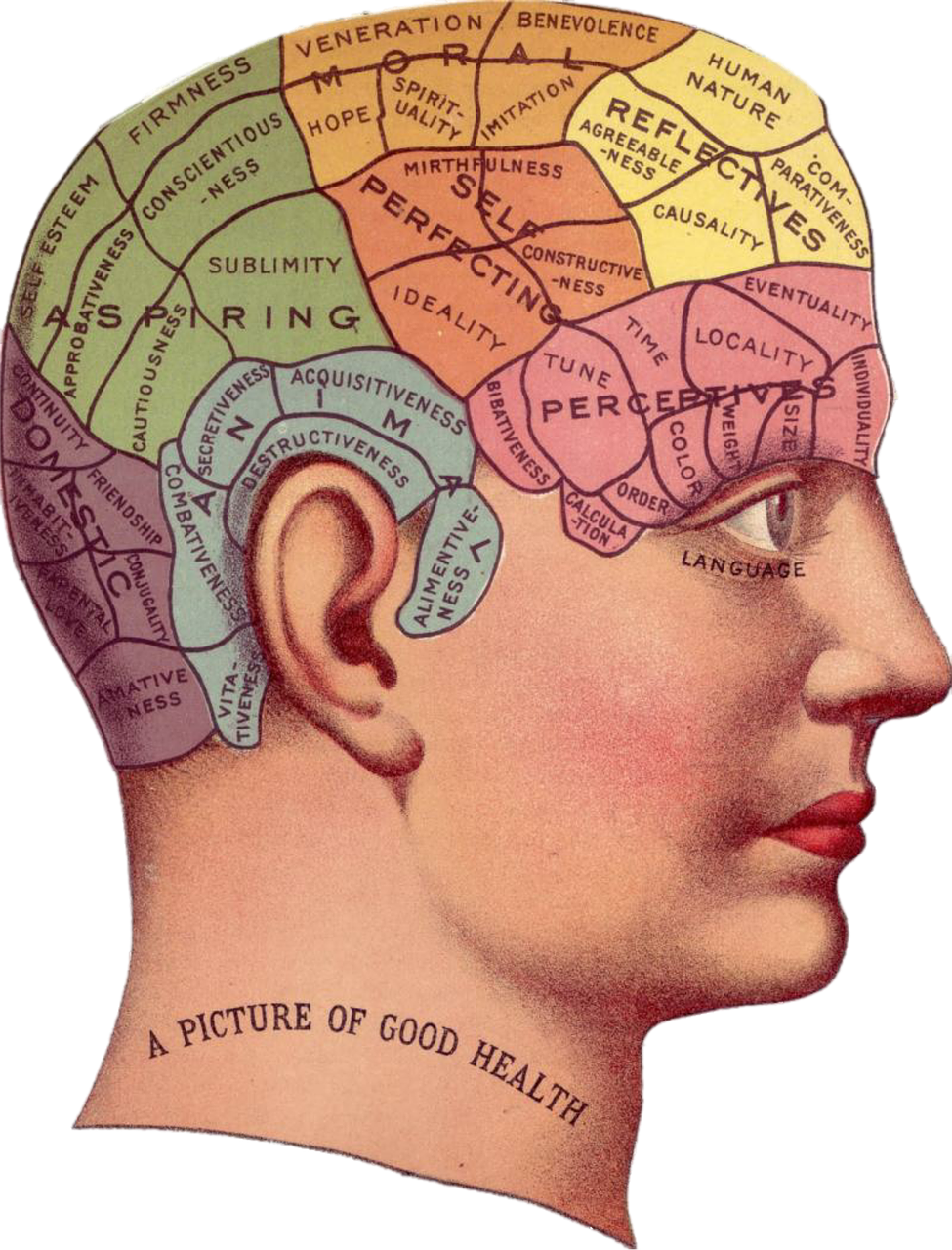Worst Habits for Mental Health

In our pursuit of well-being, we often prioritize our physical health through rigorous workouts like cardio and strength training. However, it's crucial not to overlook the significance of our mental health. Just as nourishing food keeps our bodies fit, cultivating healthy habits is essential to maintain robust mental health.
Furthermore, the foods we consume wield a substantial impact on our mental well-being. Overindulging in junk food and leading a sedentary lifestyle can have adverse effects on our mental health.
Nevertheless, times have evolved, with society now acknowledging the parity between mental and physical health. Here, we present a compilation of habits that can be detrimental to your mental health. If any of these habits resonate with you, they might be compromising your mental well-being.
1. Consequences of a Sedentary Lifestyle
Often, our leisure activities revolve around watching shows or movies. While leisure is essential, it's imperative to recognize when it becomes our primary lifestyle. Embracing laziness can seem enticing, but prolonged idleness can erode our overall health. An inactive mind can breed negativity, and sedentary living often exacerbates cravings for unhealthy food.
Over time, this lifestyle can give rise to health conditions such as diabetes and cardiovascular issues. Studies have indicated that a sedentary routine profoundly impacts mental health. Those who lead a predominantly sedentary life, coupled with limited physical activity, have an elevated risk of experiencing symptoms of depression.
Tips to Boost Physical Activity: Incorporate physical activity into your daily life. Opt for walking or cycling to nearby destinations instead of driving. Embrace stairs instead of elevators. Engaging in physical activities not only reduces stress but also fosters confidence and happiness by releasing endorphins. Activities like yoga, cardio, and weightlifting also contribute to improved mood and physical fitness.
2. Moderating Phone Usage for Mental Balance
Our smartphones have become indispensable, serving various purposes from booking cabs to ordering meals. However, this attachment can give way to addiction. Social media, designed to foster connections, often leads us to prioritize virtual appearances over genuine in-person interactions, fostering feelings of loneliness and inadequacy.
Research underscores that excessive screen time induces stress and anxiety across various age groups. For adults, overuse of social media can lead to emotional distress, loneliness, and jealousy.
Strategies to Reduce Phone Dependence: Limit your phone usage to foster creativity. Cultivate phone-free zones. Engage in activities that do not require mobile devices, such as reading, hiking, or sports.
3. Curbing the Cravings: Battling Junk Food
The allure of chips, cookies, and pizza is undeniable. These treats are acceptable in moderation, but excessive consumption can impact mental health. Regularly indulging in these foods can contribute to negative health consequences, leading to anxiety and depression.
Research asserts that excessive junk food consumption can adversely affect mental well-being. Balancing your diet with nutrient-rich options is essential.
Ways to Control Junk Food Intake: Substitute junk food with crunchy vegetables and fruits like carrots and apples. These options contain natural sugars and fiber that prevent blood sugar spikes and overeating.
4. Expressing Emotions Healthily
Many of us conceal our emotions behind smiles, while others suppress anger, leading to an eventual outburst. Suppressing emotions, especially anger, can have a detrimental impact on mental health. Bottled emotions and a lack of boundaries often culminate in sudden, unwarranted reactions.
Anger, if harnessed effectively, can be a potent tool. Venting emotions, practicing yoga and meditation, and channeling anger into productive activities are constructive ways to manage emotions.
Effective Anger Management: Release emotions through writing or engaging in sports and music. Utilize mindfulness techniques and meditation to manage and express emotions.
5. The Impact of Environment: Keeping it Tidy
A cluttered living environment can trigger anxiety, hinder motivation, and weaken decision-making capabilities. Living amidst chaos can deter focus and hinder personal growth.
Strategies to Declutter: Initiate the decluttering process in manageable sections. Prioritize areas that need attention. Play your favorite music to make the process enjoyable. Regularly schedule decluttering sessions and donate items you no longer need.
6. Prioritizing Sleep for Mental Resilience
Sufficient sleep is vital for both physical and mental well-being. While occasional late-night activities are acceptable, chronic sleep deprivation can impair mood and energy levels, leading to anxiety and depression.
Tips for Quality Sleep: Adopt a consistent sleep schedule. Eliminate electronic devices from your sleeping environment to maintain an uninterrupted sleep cycle.
7. Nurturing Healthy Relationships
Toxic relationships can severely affect mental health, often leading to depression. Identifying and distancing oneself from toxic influences is imperative for emotional well-being.
Handling Toxic Relationships: Recognize signs of toxicity and prioritize your well-being by creating distance. Disconnect from toxic individuals on social media platforms.
8. Escaping Self-Sabotage
Engaging in self-sabotaging behavior can trigger feelings of worthlessness, anxiety, and depression. Leaving tasks unfinished can diminish self-esteem and confidence.
Overcoming Self-Sabotage: Practice mindfulness and self-acceptance. Embrace failures and set achievable goals to rebuild self-confidence.
9. Balancing Individuality and Approval
While seeking acceptance is natural, excessive people-pleasing can lead to mental strain. Surrendering personal preferences for the sake of others can erode mental well-being.
Fostering Authenticity: Prioritize your passions and interests. Strive for a healthy balance between seeking approval and preserving individuality.
In Conclusion: Cultivating Mental Wellness
Our habits wield substantial influence over our mental health. Often, we are unaware that certain habits might be undermining our well-being. Regular self-assessment is crucial to identifying detrimental habits and seeking assistance if needed. Remember, seeking help is not a sign of weakness but a step toward self-care. Initiate conversations with loved ones to embark on a journey towards improved mental health.
https://mattersonweb.com/habits-to-avoid-for-mental-well-being/
Comments
Post a Comment